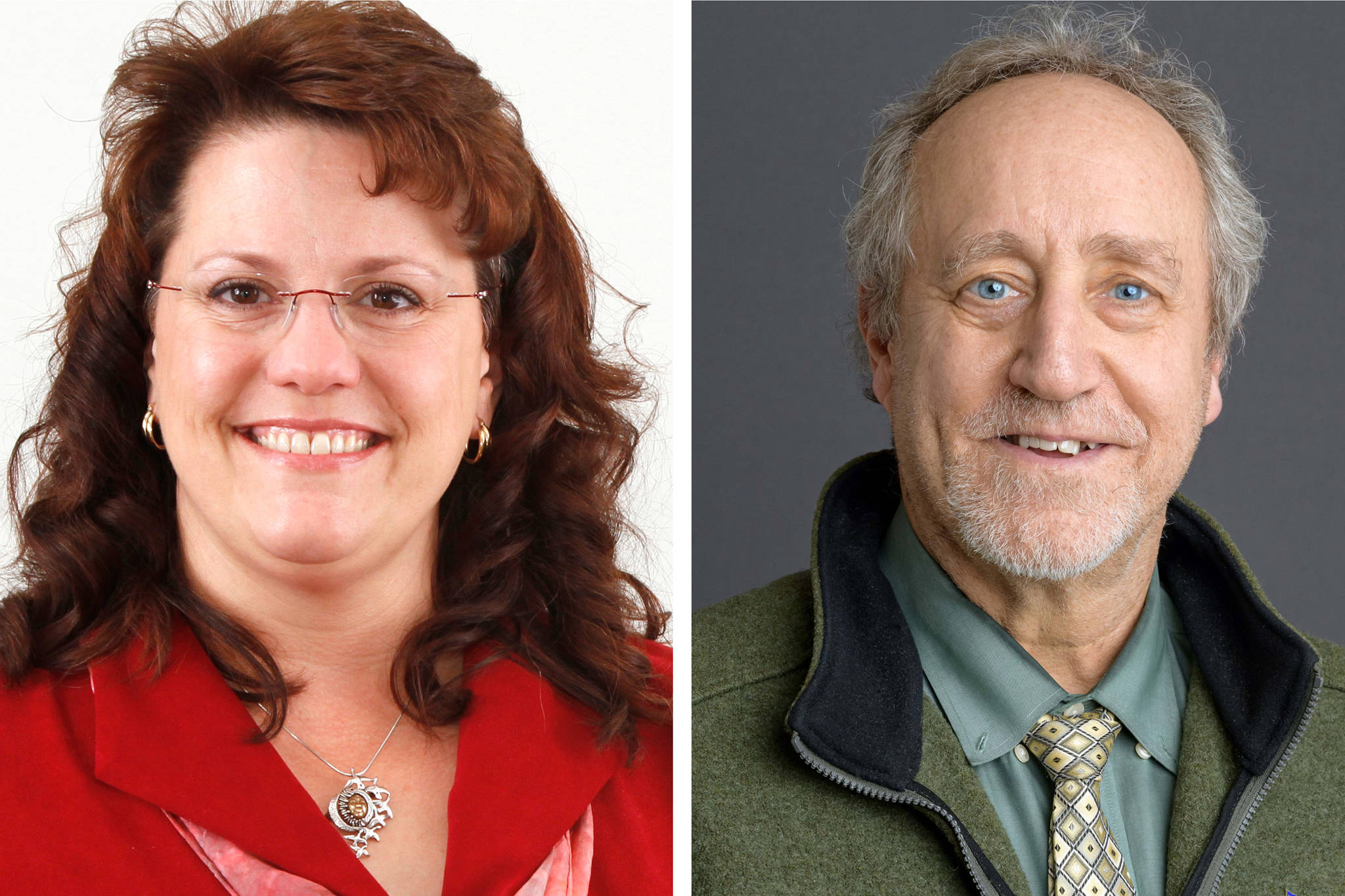By Corri A. Feige and Doug Vincent-Lang
It’s a great time of year, when Alaskans emerge from the long, dark winter and launch eagerly into the great outdoors, ready to experience again the freedom and natural beauty for which our state is so justifiably celebrated.
As we prepare to head out fishing, hiking, boating, camping, four-wheeling or sightseeing, Alaskans should be mindful of our responsibility to respect our common natural resources, and recommit ourselves to being great stewards of the lands we love by keeping our state clean and litter-free this summer.
We Alaskans pride ourselves on doing things our own way. We “don’t care how they do it Outside,” and we’re proud of our reputation for taking good care of the special place we call home. Our reputation for pristine natural beauty supports a healthy lifestyle for ourselves, and a thriving visitor industry whose benefits extend statewide from city to village.
But while most of us do our part to maintain high standards of outdoor care and cleanliness, the bad behavior of even a few can literally trash Alaska’s reputation. Too many of us have seen the evidence in too many places: piles of empty bottles or food wrappers, carelessly discarded fish carcasses, overflowing dumpsters, and the telltale wisps of toilet paper blowing in the roadside wind.
Last summer During last summer’s Alaska’s COVID “hunker down” – which most of us conducted outdoors – heavy weekend use at the Kasilof River Special Use Area on the Kenai Peninsula saw dumpsters overflowing with trash and an unsightly campground that produced ugly images in the news and on social media. Sadly, with travel from Outside visitors restricted by the pandemic, Alaskans had only ourselves to blame for this embarrassing scene. Simple practices like “pack it in, pack it out” make a world of difference when we are all sharing the facilities and public use areas.
As commissioners, we lead departments dedicated to fulfilling our constitutional responsibility to conserve and develop our state’s land, water, fish and wildlife for the common benefit of the people. As part of this mission, we are proud to support Governor Mike Dunleavy’s “Unlocking Alaska” initiative, asserting state management authority over navigable waters and submerged lands, just as promised to Alaska at statehood. Alaskans can help strengthen this effort by making sure we know who owns the lands and waters where we are recreating and by being respectful users, whether the ownership is state, federal or private.
A case in point is the popular Copper River dipnet fishery near Chitina. Those who drive the Copper River Highway to access the public salmon resource at the end find themselves on private land, most of it owned by Ahtna Inc., the Alaska Native regional
corporation, and the Chitina Native Corporation, the area village corporation. Having endured the damage caused by a few bad actors in the past, these private landowners are justified in charging fees to defray the costs of maintaining their land, cleaning up the trash and repairing damage, and in some cases restoring desecration of Alaska Native burial sites.
Such behavior has consequences, not just on a local or state level, but on the national stage, as well. Our state is under national scrutiny, with important resource development vital to our state’s continued prosperity being blocked because of perceptions that Alaskans are not willing or able to protect our own environment. Alaskans trashing public and private land lend credibility to the claims of anti-development forces that we can’t be trusted to protect our own environment. They strengthen the case of those who want to impose federal authority to look over our shoulder to keep Alaska “clean.”
We are Alaskans. We respect our communities and love our land. It just takes a little consideration, a bit of thoughtfulness, and some preparation to be good stewards of public land and respectful visitors on private land. If you pack it in, pack it out. Leave the trail or campsite cleaner than you found it. Pick up after your pets. Be a good example of the kind of Alaska outdoorsman that you wish all visitors would be.
When we do, we demonstrate to ourselves and the world that we Alaskans care for our land, and are more than capable of managing our common resources responsibly — without the federal government or outside special interests telling us how we should care for our own home.
• Corri A. Feige is commissioner of the Alaska Department of Natural Resources. Doug Vincent-Lang is commissioner of the Alaska Department of Fish and Game. Columns, My Turns and Letters to the Editor represent the view of the author, not the view of the Juneau Empire. Have something to say? Here’s how to submit a My Turn or letter.

